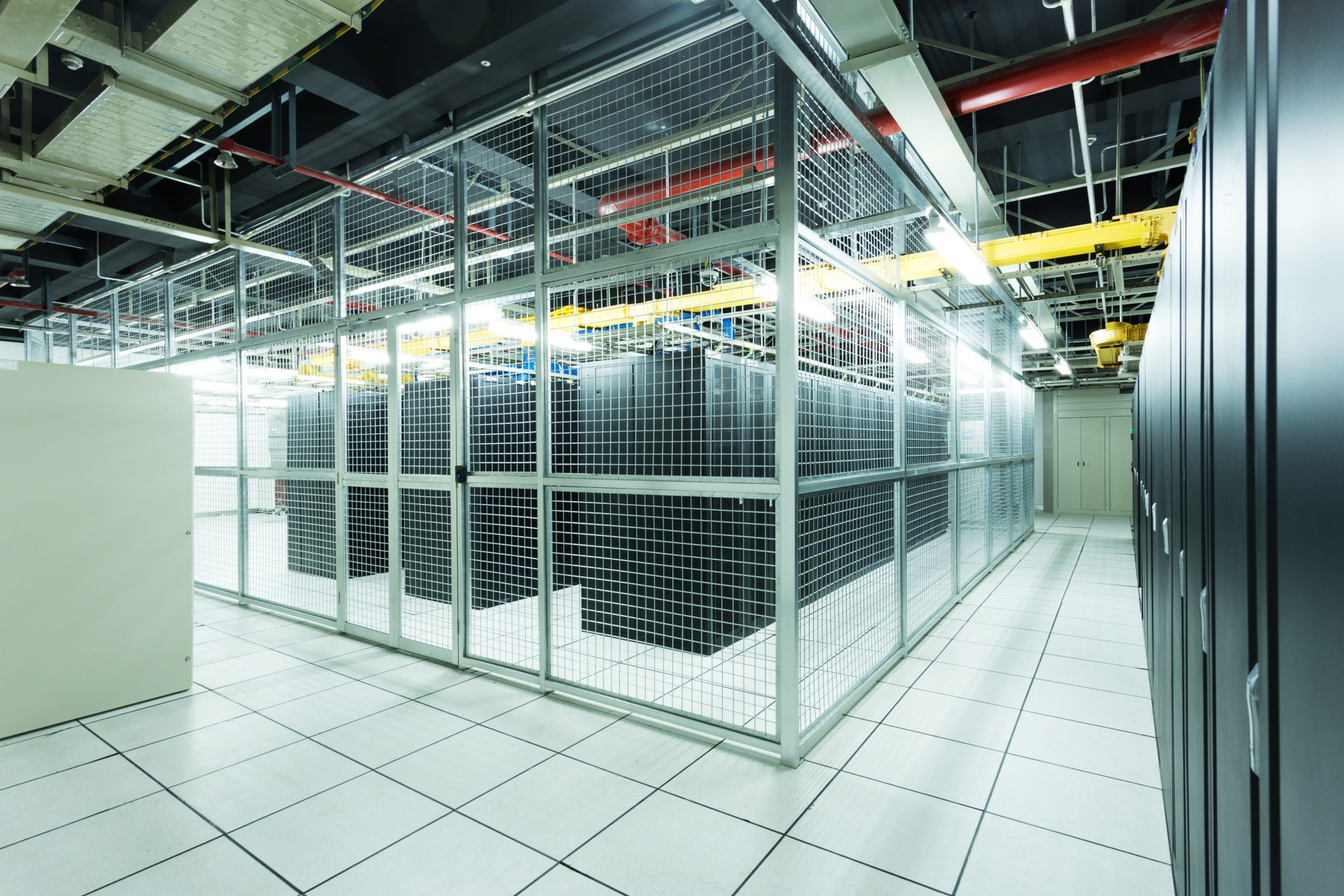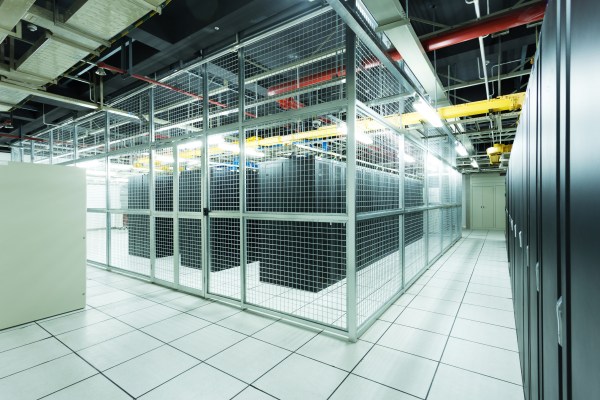Modern enterprises now typically use a combination of private and public IT infrastructure. Getting the balance right is vital for the smooth running of your business. With that in mind, here is a straightforward guide to what you should consider when looking at bare metal vs cloud.
What is bare metal?
Traditionally, the term “bare metal” referred to a computer that was fresh out of the factory. It might (or might not) have firmware (e.g. a BIOS). It did not, however, have an operating system or any pre-installed apps.
Now, the term “bare metal” is generally used as shorthand for “bare metal server”. A bare metal server is a server that is assigned to a single entity for its unique use. It is mostly used by cloud service providers (CSPs) offering private Infrastructure as a Service (private IaaS).
Essentially, bare metal servers are used in private IaaS. Regular servers are used in standard public cloud services. Technically, bare metal servers are also used in private clouds. This term is, however, rarely used in the context. This is probably because the nature of private clouds makes it clear that servers will only be used by one entity.
In a private IaaS environment, bare metal servers will generally have an operating system. The client (tenant) will take care of everything that goes on top of that (e.g. applications and accesses). Some CSPs do support servers without operating systems.
What is meant by cloud?
Technically, the expression “bare metal vs cloud” is inaccurate. Bare metal servers can be used as part of a cloud deployment. In fact, these days, they usually are. Admittedly, that is not guaranteed. Some enterprises deploy hybrid IT infrastructure. These companies may need “old-school” bare metal servers with nothing on them at all.
Effectively, therefore, the term “bare metal vs cloud” is generally shorthand for “private IaaS vs public cloud”. In other words, it’s actually referring to two different ways of implementing cloud infrastructure.
Bare metal vs cloud – a comparison
Here is a quick guide to the main points you should consider when looking at bare metal vs cloud.
Ease of set up
Bare metal is slightly more challenging to set up than the cloud. This is because bare metal requires you to negotiate a contract with a CSP. Getting started in the public cloud, by contrast, just requires you to open an account and set up a payment method.
With that said, there is a bit of nuance. For example, if you want custom pricing in the public cloud, you will need to negotiate a specific contract for it. Likewise, if you want a very niche service, you may need to request the vendor to implement it.
Flexibility
Bare metal has the edge on customizability. The cloud has the edge on scalability. In practical terms, however, most businesses will probably go for bare metal for their core needs.
This means that customizability is likely to be much more of a concern than scalability. If they need to scale, they can generally still use the public cloud. They will just have to accept that it has somewhat more limited customization options.
Ongoing costs
It’s quite challenging to make direct comparisons between the ongoing costs of bare metal and the ongoing costs of the cloud. If you make full use of your bare metal server(s), then the costs should be more or less the same. If, however, you don’t, then you’ll be paying for resources you don’t actually need.
On the other hand, when businesses choose bare metal, it’s because they need its capabilities. These have value and that value has to be included in the cost-benefit analysis.
Security
Both bare metal servers and public cloud servers can be managed to the very highest standards of security. How much effort (and hence cost) it takes to do so, depends on how you implement your bare metal server.
If you opt for the standard implementation, the CSP will take care of both the hardware and the operating system. Essentially, therefore, you will be in the same situation as you would have been if you had opted for a regular public cloud. In other words, you will take care of everything above the operating system.
If, however, you go for a true bare metal server, then you will be responsible for maintaining the operating system as well. This adds significant extra responsibility.
Management overheads
With bare metal, you need to negotiate an initial contract with the vendor. After this, however, managing costs should be fairly straightforward. With the cloud, you can just set yourself up, configure your settings, and go but managing costs can be a lot more complicated.
Related Resources:
Bare Metal Cloud for DevOps: Streamlining Deployment and Testing
Bare Metal Cloud for High-Performance Computing: Applications and Benefits
Bare Metal Cloud Security: Ensuring Data Protection and Compliance
Bare Metal Cloud vs. On-Premises Infrastructure: Making the Right Decision
Comparing Bare Metal Cloud vs. Traditional Cloud Services: Pros and Cons
Bare Metal vs Cloud – What You Should Consider
Bare Metal vs Dedicated Server – What You Need To Consider




